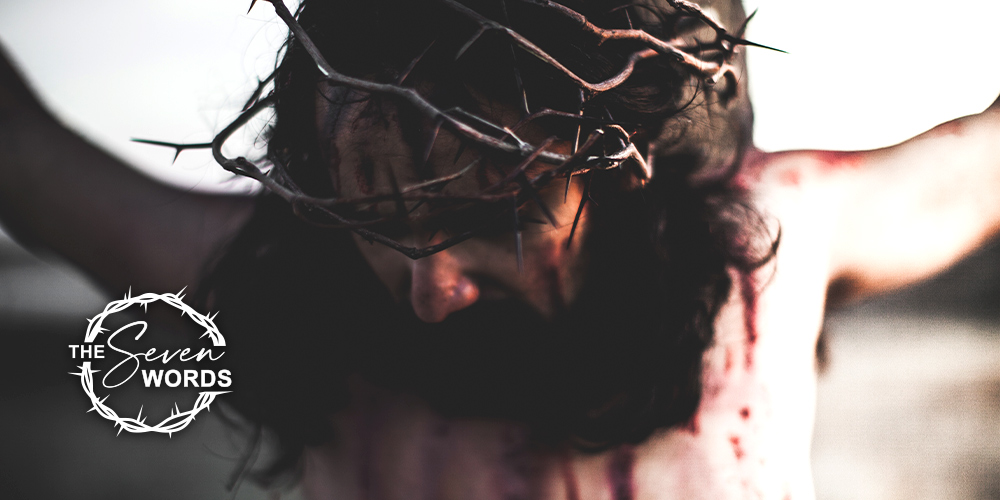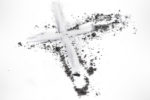 |
“Later, knowing that everything had now been finished, and so that Scripture would be fulfilled, Jesus said, ‘I am thirsty.’ A jar of wine vinegar was there, so they soaked a sponge in it, put the sponge on a stalk of the hyssop plant, and lifted it to Jesus’ lips” (John 19:28,29).
What is the significance that the One who promised three times to take the problem of thirst away forever (John 4:13,14; 6:35; 7:37-39) is here crying out his own thirst on the cross? Or that the One who turned water into the finest wine, a hundred gallons at a time (John 2:1-12), now sucks on a sponge of wine vinegar? Or that after a night of torture, a morning of flogging, and all day spread out and nailed to a cross, Jesus only comments about his physical torment “so that Scripture would be fulfilled”?
I can hardly imagine the self-restraint Jesus had to exert just to keep from complaining while in all that pain or screaming for it to be over, much less to stay on that cross, to stay inside his mangled body, to stay in agony and thirst.
Jesus could have had an angel bring a chalice straight from heaven filled with sweet nectar, fresh-squeezed in the vineyards of paradise, beyond anything mortal tastebuds have ever savored. Maybe when he said, “I am thirsty,” the angels at first started rushing to get him just such a draught and then caught themselves, remembering he told them not to help.
But more than Jesus’ self-restraint, we see here how Jesus kept holding on to Scripture. It wasn’t mostly to quench his thirst that he asked for a drink, even though his mouth was “dried up like a potsherd” and his tongue was stuck “to the roof of [his] mouth” (Psalm 22:15) and his “throat [was] parched” (Psalm 69:3). The sip of wine vinegar must have brought a flash of relief, but it meant more to him “that Scripture would be fulfilled.” Even as hour number six of his slow suffocation on the cross drew to an asphyxiating close, Jesus was still taking his cues from his Father’s Word, comparing in his pain-wracked mind Calvary’s portrait with Scripture’s prophecy. Had he imagined a list with all the boxes checked off when “becoming obedient to death” (Philippians 2:8)?
- Have I done everything those dear holy prophets said?
- Have I become familiar enough with pain (Isaiah 53:3)?
- Have I been betrayed, despised, and afflicted enough?
Did the Holy Spirit somehow let Jesus know when the sacrifice had been enough and everything was “finished”? Jesus didn’t want to be done, to lay his life all the way down, with any of his boxes still unchecked. The Word of his Father, finishing the work of his Father, that’s what he thirsted for most. (See John 4:34.)
- To fulfill every sign and make good every proof that he really was the promised Savior.
- To earn our living water and heavenly wedding wine with his death throes’ thirst.
- To show by his own perseverance that we can count on his Father’s Word just like he did.
After a night of desertion or injustice has given way to a day of sunless darkness. After your agony’s “sixth hour.” When God seems to be doing for you none of the beautiful things you’ve told others God would do for them. When you can scarcely speak, swallow, or breathe. Even then, you can be sure “that Scripture would be fulfilled” as it was for Jesus. The Father will not forget his afflicted child forever.
Author: Christopher Doerr
Volume 109, Number 03
Issue: March 2022







